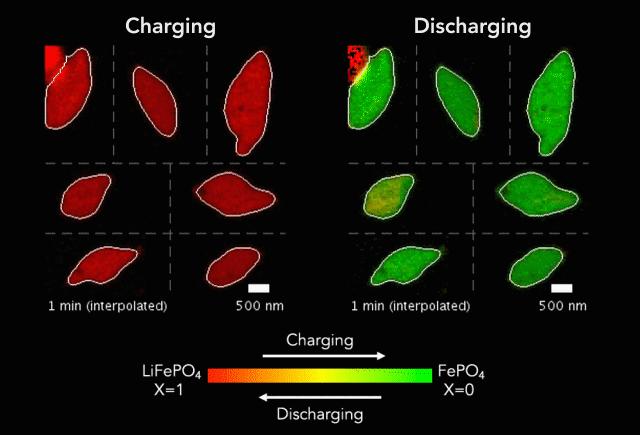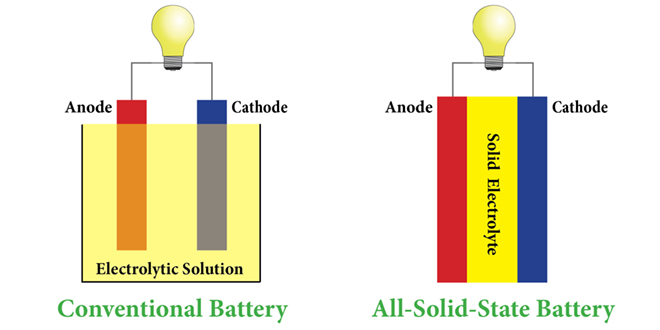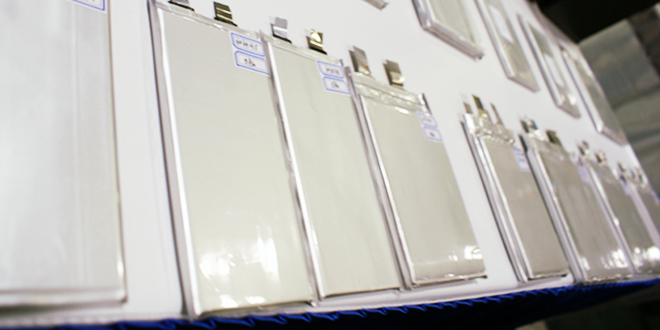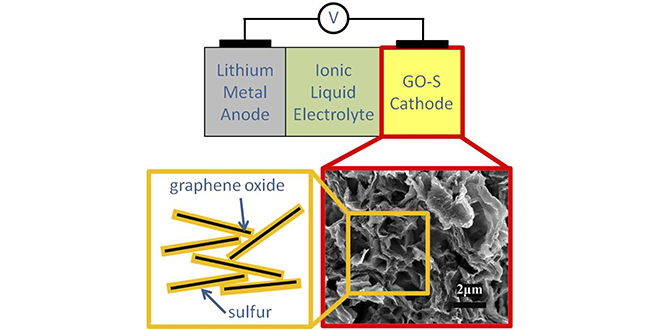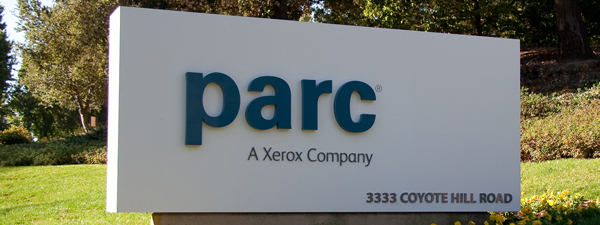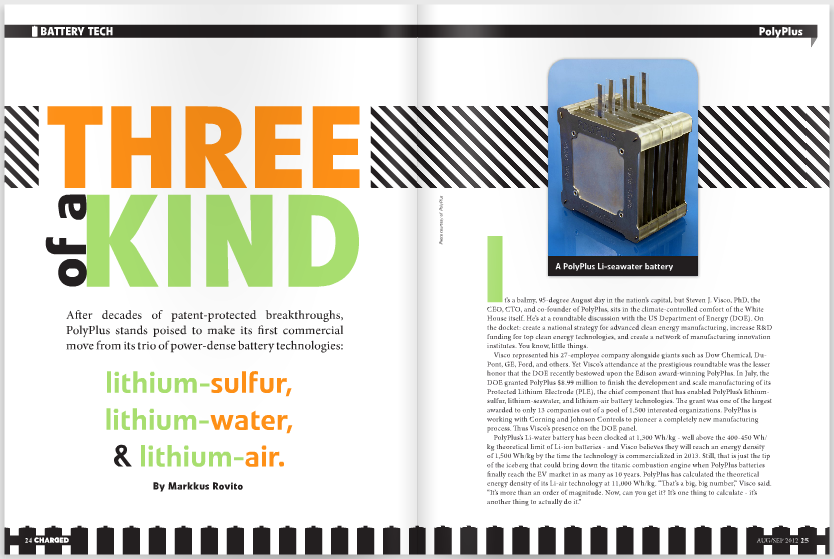The California Energy Commission has awarded more than $36 million in grants for various clean energy transportation projects. The South Coast Air Quality Management District and Long Beach Harbor Department received $10 million each and the Los Angeles Harbor Department received $4.5 million to conduct field demonstrations of medium- and heavy-duty vehicles and cargo handling… Read more »
Search Results Found For: "Lawrence Berkeley National Laboratory"
New X-ray microscopy technique reveals the secret life of batteries
In pursuit of their quest for more capable batteries, scientists are searching for better ways to observe battery particles as they charge and discharge in real time. A new technique developed at Berkeley Lab’s Advanced Light Source is providing researchers with nanoscale images of the electrochemical reactions that make lithium-ion batteries do their thing. In… Read more »
Materials Project releases trove of battery-related materials data to the public
The Materials Project, a searchable database of material properties, was launched in 2011 by the DOE’s Office of Science. It uses supercomputers to calculate the properties of materials based on first-principles quantum-mechanical frameworks. The Materials Project is designed to save researchers time by predicting the properties of materials, eliminating the need to synthesize them in… Read more »
New electrolyte for solid-state batteries combines polymer and glass
Scientists at the DOE’s Lawrence Berkeley National Laboratory have developed a novel electrolyte that addresses many of the problems of solid electrolytes by combining the two primary types – polymer and glass. There are two kinds of solid electrolytes – polymer and glass or ceramic – and each has its own set of challenges. Polymer… Read more »
California Energy Commission awards $6 million for EV charging and V2G projects
The California Energy Commission has approved three alternative fuel infrastructure projects totaling more than $6 million. The investments, which were funded through the Alternative and Renewable Fuel and Vehicle Technology Program (ARFVTP), include: EV charging: Ten grants totaling more than $3.5 million for 181 EV charging stations to be installed along California highway corridors, and… Read more »
Sporty prototype demonstrates flow cell battery technology
Among the many electrified vehicles on display at this week’s Geneva Auto Salon was one that demonstrates a new and possibly revolutionary energy storage system. Leichtenstein-based nanoFLOWCELL’s QUANT e-Sportlimousine, a sleek sports model with gull-wing doors, uses flow cell battery technology. Scientists at GE Global Research and Lawrence Berkeley National Laboratory announced that they were… Read more »
Researchers find new non-flammable electrolyte for Li-ion batteries
A team of researchers has identified a new class of non-flammable electrolytes for lithium-ion batteries, based on perfluoropolyethers (PFPEs). In a paper published in the Proceedings of the National Academy of Sciences, the team reports that these electrolytes exhibit thermal stability beyond 200° C and a transference number of at least 0.91 (more than double… Read more »
Researchers demonstrate major advance in lithium-sulfur battery chemistry
Researchers at the Lawrence Berkeley National Laboratory have demonstrated a lithium-sulfur (Li/S) battery that has more than twice the specific energy of current lithium-ion batteries, and that lasts for more than 1,500 charge/discharge cycles with minimal capacity loss. This is the longest cycle life yet reported for any lithium-sulfur battery. The results were reported in the… Read more »
PARC’s new process deposits entire battery cell in one pass for big cost savings
PARC, a Xerox company, has launched a project with the DOE’s Advanced Research Projects Agency-Energy (ARPA-E) to demonstrate a new Li-ion battery manufacturing process that could dramatically reduce battery costs and improve performance. The conventional manufacturing process requires that the two halves of a battery be made in two separate steps, and then combined in… Read more »
Three of a kind: PolyPlus reaches for 1,500 Wh/kg
After decades of patent-protected breakthroughs, PolyPlus stands poised to make its first commercial move from its trio of power-dense battery technologies: lithium-sulfur, lithium-water, and lithium-air. It’s a balmy, 95-degree August day in the nation’s capital, but Steven J. Visco, PhD, the CEO, CTO, and co-founder of PolyPlus, sits in the climate-controlled comfort of the White House… Read more »








